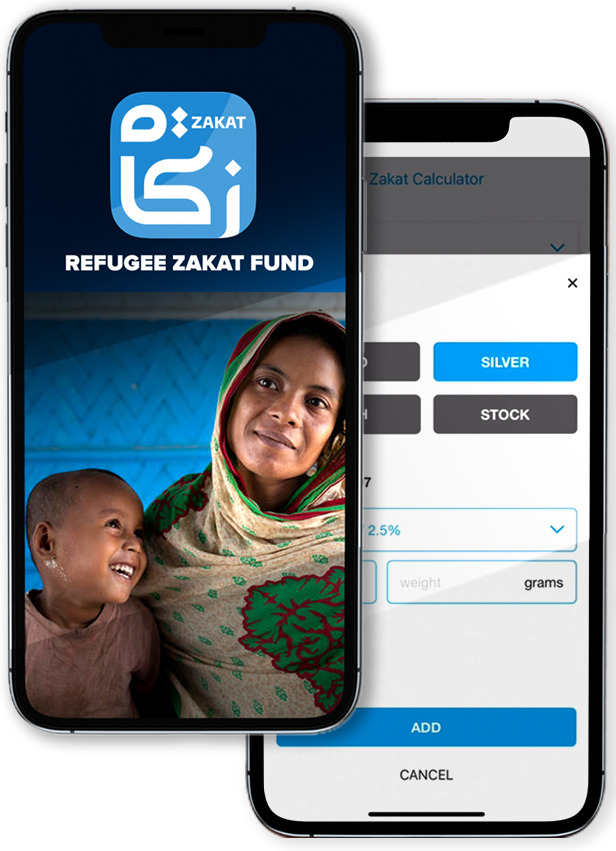Ayesha, a 45 year old displaced woman from Afghanistan.
Ayesha says “We became displaced, moving from one village to another, until we finally came to the city. Since then, my daughter has been in a terrible condition, and my husband…I don’t know if he was killed, disappeared, or went somewhere else.”
Yasamin, Ayesha’s daughter now ten years old, was just four when the rocket struck their home. Ayesha says “Her kidneys and waist were severely injured. She can’t walk anymore and has undergone several surgeries. Doctors said her condition is critical. She’s had five surgeries so far, and two more just last month. I am in debt, struggling to pay for her medical care.”
Despite her own heart disease, Ayesha works tirelessly to provide for her children. “I work in people’s homes until evening, but I can only find work two or three days a week. When I earn 250 Afghanis ($3) a day, I face the impossible choice of buying medicine for Yasamin or food for my children. My hands are burned from baking bread, and I clean, wash clothes, and do whatever work I can find. But it’s not enough.”
Ayesha’s youngest son, Ahmad Zia, is also unwell. “Since we were in tents after the earthquakes, his chest froze. Now I have to provide him with oxygen. I rented an oxygen machine from people, but I don’t know how long I can keep it. My son has undergone surgery too, and his condition breaks my heart. I wish I had an older son who could work and bring home some bread.”
Ramadan, a time of reflection and fasting, is especially difficult for Ayesha’s family. During Ramadan, we broke our fast with just a glass of tea. If we find potatoes, we eat them. Otherwise, it’s just bread.
Ayesha’s message to those who have helped her is heartfelt. “May God grant them the ability to assist me in solving my problems. I pray that they assist me in resolving these problems so that my children can stand on their own, whether I am here or not.”
Looking into 2024, the situation in Afghanistan continues to be challenging with 24 million people (over half of Afghanistan population) requiring urgent humanitarian assistance, with around 5.7 million Afghani refugees hosted in 5 neighboring countries including Pakistan and Iran.
Afghanistan is home to over 3 million IDPs who face severe resource shortages due to ongoing insecurity and recurrent natural disasters. This persistent displacement, compounded by climate-related disasters, creates a long-term cycle of vulnerability and hinders recovery efforts.
Ayesha’s family is among thousands of Afghan refugee and internally displaced families that receive cash assistance from UNHCR. Zakat and Sadaqah donated to the Refugee Zakat Fund allow UNHCR to provide eligible beneficiaries with much needed assistance.
Thanks to Zakat and Sadaqah funds, UNHCR was able to support 1,850 displaced families – some 11,100 people – in Afghanistan during the first half of 2024.
Other Stories

Mahmoud and Saqrah, Syrian elderly refugee couple in Lebanon.
Thy continue to hold onto their cherished traditions, especially during the Holy Month of Ramadan.

Fatna, a Sudanese mother of ten displaced in Chad.
“We walk from the camp to a water source five kilometers away, and this is extremely difficult” Fatna explains.

Wafaa, a displaced mother from Yemen.
She has faced unimaginable challenges with her children since losing her husband.




